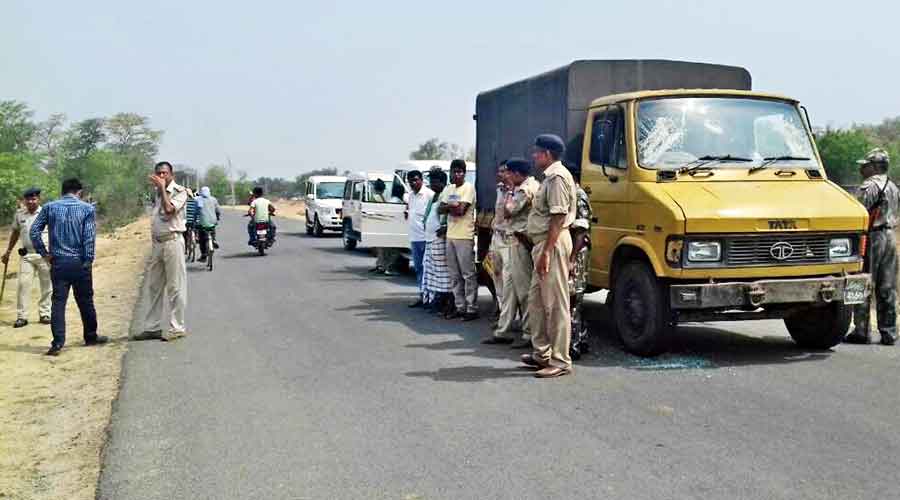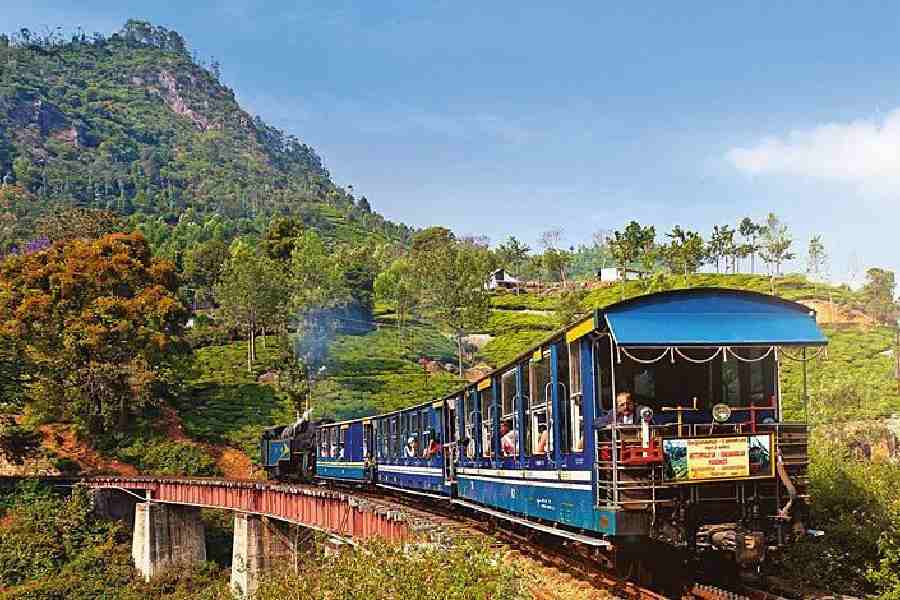The Jharkhand governor has returned to the state government the draft anti-mob lynching bill with two suggestions, three months after it had been passed by the Assembly.
Jharkhand had last December passed the Prevention of Mob Violence and Mob Lynching Bill, 2021, in the Assembly, becoming the fourth state after Bengal, Manipur and Rajasthan in doing so. But none of the states has been able to get the bills enacted into law so far.
Officials in Jharkhand governor Ramesh Bais’s office informed a section of journalists on Thursday evening that the governor on Wednesday returned the bill with two suggestions.
The governor has pointed to a mismatch between the Hindi and English versions of the bill, the officials said.
“Section 2: Sub section-1, sub-clause-XII deals with the ‘Witness Protection Scheme’ (in the English version of the bill). This clause-XII is missing in the Hindi version of the Bill. This needs to be rectified/corrected by the state government so that there is a symmetry in both the versions of the Bill,” one of the suggestions points out.
The second suggestion states: “There is a need to reconsider the definition of ‘mob’ as given in Section 2(vi) of the Bill, which is not in consonance or in line with the well-defined legal lexicon/glossary. A group of two or more individuals cannot be called ‘A tumultuous crowd’. A mob is a large, angry and disorderly crowd of people who are often uncontrollable or violent. The state government must revisit the definition of the ‘mob’.”
The bill had been passed by voice vote despite objections raised by BJP lawmakers during the Assembly’s winter session on December 21 and sent to the governor for consent the same month.
It is learnt that the governor consulted the law department before taking the decision to send back the bill. BJP lawmakers had met Bais, objecting to certain clauses in the bill. “A bill passed by the Assembly has to receive the governor’s nod for it to be sent to the President for the final assent before its enactment,” said an official at the Raj Bhavan, preferring anonymity.
The bill has provisions for jail terms ranging from three years to life imprisonment and fines of up to Rs 25 lakh for mob lynchings leading to injury or death.
The bill also provides for punishment for conspiracy or abetment, attempt to lynch, obstructing legal process, dissemination of offensive material and enforcing a hostile environment.
On August 5, 2019, the Rajasthan Assembly had passed the Rajasthan Protection from Lynching Bill, 2019, providing for life imprisonment and fines from Rs 1 lakh to Rs 5 lakh for those convicted of lynching leading to death.
On August 30, 2019, the Bengal Assembly passed the West Bengal (Prevention of Lynching) Bill, 2019, that proposes jail terms ranging from three years to life imprisonment. The bill defines “lynching” and “mob”. The government had also proposed a West Bengal Lynching Compensation Scheme.
In 2018, the Manipur Assembly had passed the Manipur Protection from Mob Violence Bill, recommending life imprisonment for those involved in mob violence causing death. The bill is still being examined by an inter-ministerial committee.
None of the bills has so far received the President’s assent.
Jharkhand parliamentary affairs minister Alamgir Alam had during the budget session of the Assembly earlier this month said there had been 46 incidents of mob lynching in the state between 2016 and 2021, of which 11 cases had been executed and 51 accused persons sentenced to life imprisonment. These had been treated as murder cases.
Alam had said the government would soon constitute fast-track courts to hear mob lynching cases.










